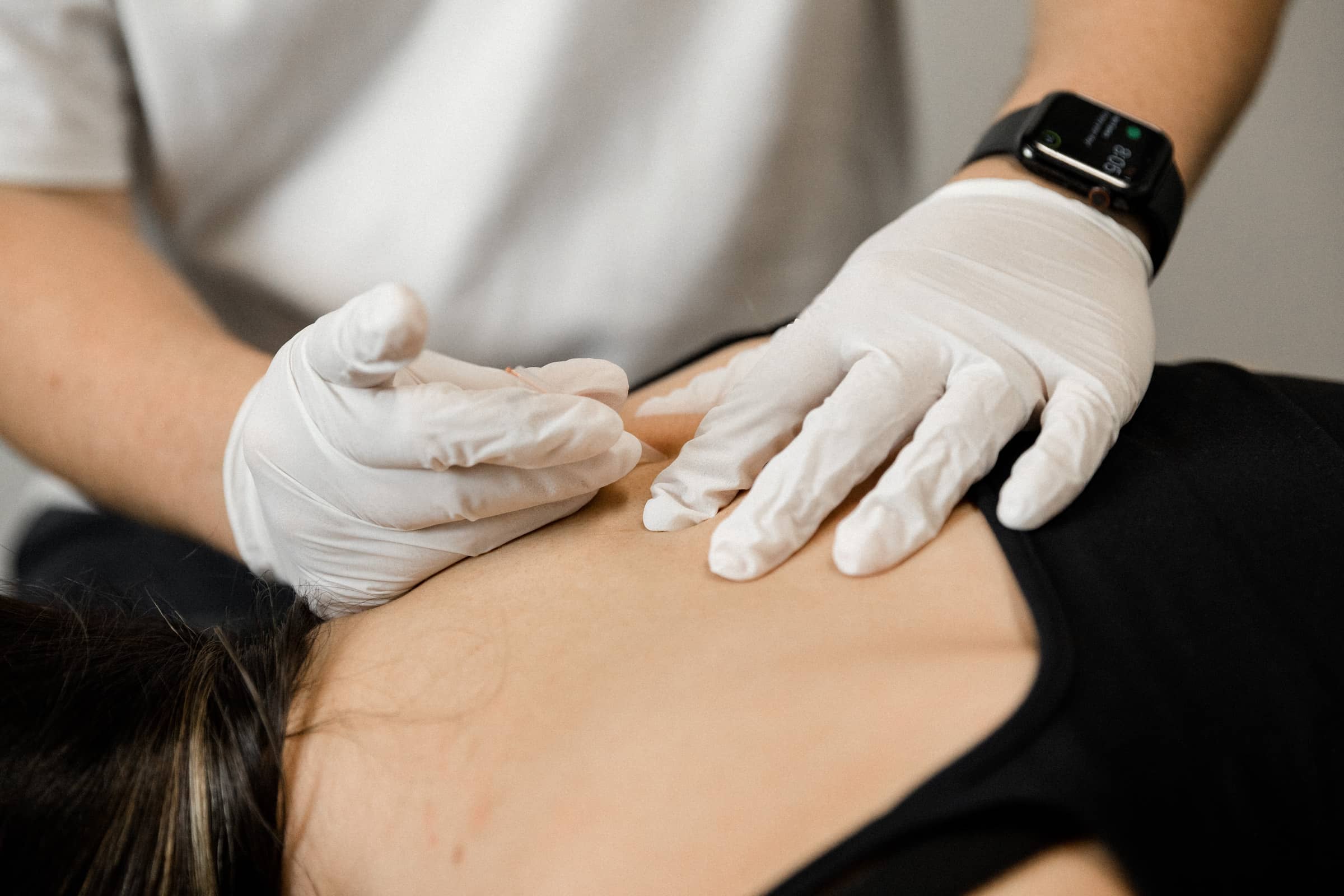You’ve been told by your GP that you have bursitis in your shoulder, but what exactly is bursitis and what does it mean for you?
Most clients with shoulder bursitis will often present to our clinic with an ultrasound in hand that was ordered by their GP or previous healthcare provider, but often have no idea what it actually is!
Bursa: tiny, fluid filled sac.
Itis; inflammation.
Many people with bursitis are often recommended to rest and avoid using their shoulder for 4-6 weeks with the impression that their pain and discomfort will subside. Unfortunately, this rarely happens.
We often tell our clients that bursitis is like an airbag in a car…it doesn’t go off unless something else has happened.
Whether it be tissue damage from a rotator cuff tear, glenohumeral labral damage, loading issues or maybe fascial disturbances elsewhere in the body – there is always a cause that leads to bursitis.
Treat the problem, not the bursitis and more than likely you will see improvement in your symptoms.
You may also be interested in
Posture Correction: The Ultimate Guide
We often sit for prolonged hours in modern life, staring at phones and laptop…
Natural Pain Relief And Improved Function With Dry Needling
Do your aches and pains include musculoskeletal pain, pregnancy discomfort,…
10 Symptoms of Upper Back Pain
Your upper back pain can significantly affect your everyday life and…





